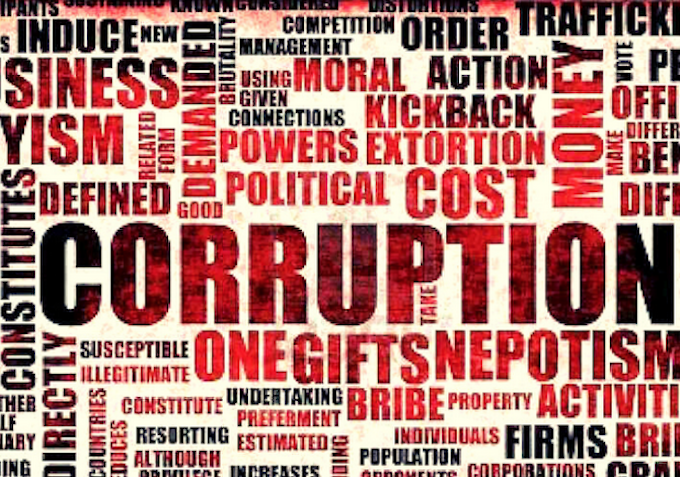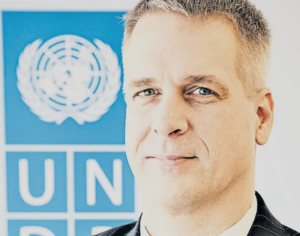
By Phoebe Gwangilo in Port Moresby
Anti-corruption efforts in Papua New Guinea have received a major boost of €5.4 million (about K21.7 million) in funding from the European Union, to be injected over three years.
United Nation Development Programme (UNDP) country representative Dirk Wagener said during the launch of an anti-corruption project in Port Moresby on Friday that corruption had hindered Papua New Guinea’s development.
“The European Union will provide €5.4 million to this project, in addition to the funding which will be made directly to the government of Papua New Guinea to implement key components of the government’s anti-corruption strategy and plan of action,” he said.
Wagener said the strategy recognised that combating corruption was a necessary precondition for national development and was fundamental to ensuring that people could benefit from the services and goods due them.
“It is, simply put, a precondition for achieving Papua New Guinea’s national development vision and aspirations.”
He said that if not addressed, corruption would impact on PNG’s achievement of the sustainable development goals.
Wagener said the project had four outcomes designed to strengthen local capacities to tackle corruption effectively in which both government and non-governmental organisations would participate:
- Outcome one is designed to support the implementation and monitoring of the national government’s strategy plan of action;
- Outcome two will focus on establishing a fully operational Independent Commission Against Corruption;
- Outcome three will focus on strengthening existing anti-corruption investigation and prosecution actors; and
- Outcome four recognises the role of the public and civil society have to play in preventing corruption.

“The project will work with the Royal PNG Constabulary’s national and provincial anti-corruption and fraud units and the office of the Public Solicitor,” Wagener said.
Anti-corruption top of agenda
In November 2020, Loop PNG reported that Transparency International PNG congratulated Papua New Guinea on the passing of the Organic Law on the Independent Commission Against Corruption (ICAC).
“The campaign against corruption must be placed at the top of the agendas of our societies. Unless corruption is checked, it will poison our ways of life and corrode standards,” said chairman Peter Aitsi.
“At TIPNG, we welcome this law and the eventual establishment of the ICAC in our country. It is our hope that this body will further empower people in PNG to take action against corruption and work to protect the integrity of the people, society and nation of Papua New Guinea.”
He said that once established, the primary functions of the ICAC would be to:
- Prevent and reduce corrupt conduct, undertake research, recommend systems, strategies, practices and policies;
- Investigate and prosecute corrupt conduct; and
- Arrest a person of corrupt conduct.














































